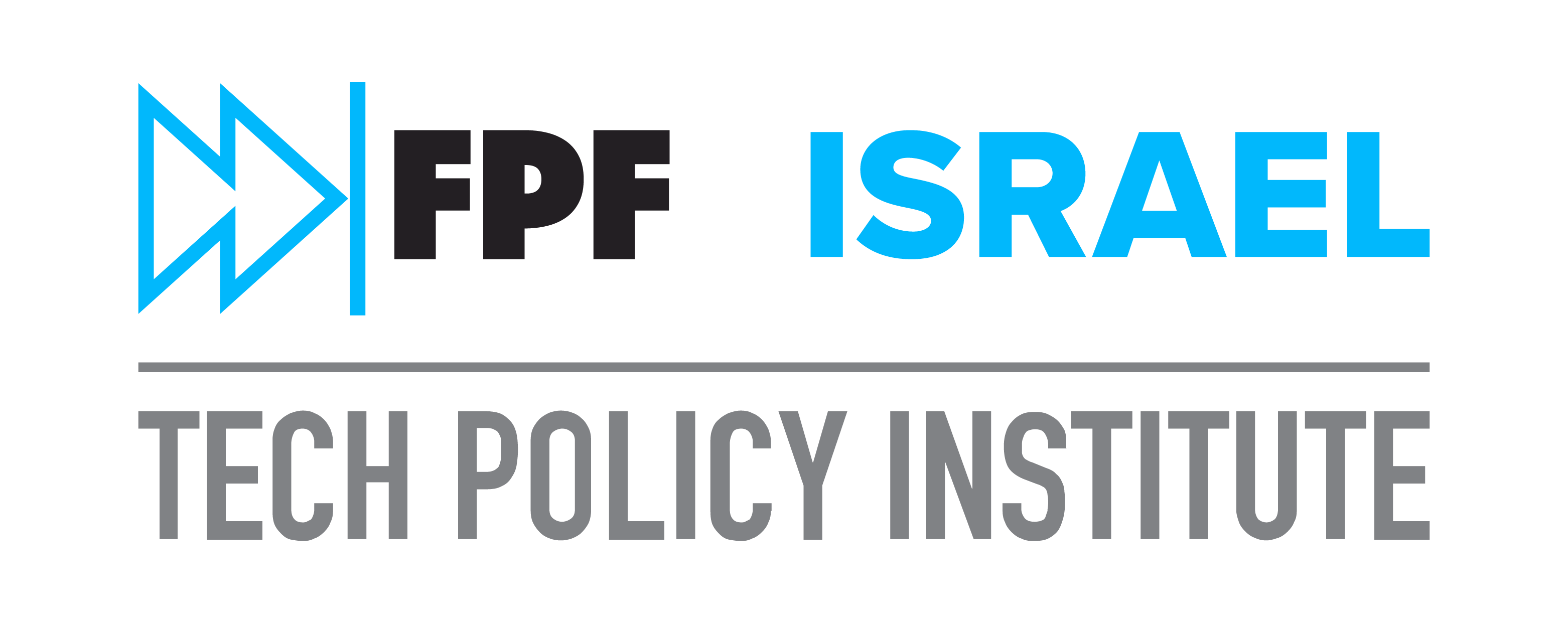The Israeli Privacy Protection Authority Guidelines concerning privacy at the entrance to work and commercial places within the fight against Coronavirus
In the midst of the Coronavirus health crisis, as the economy gradually returns to routine and commercial activity and work resumes, non-invasive temperature testing and health questioning are becoming a condition for allowing entry into workplaces or shopping centers, by force of the Emergency Regulations (New Coronavirus – Restriction of Activity (2020), sec. 3A(1)) (“the regulation”).

Employers in workplaces and commercial places are required to check those seeking to enter the premises under their responsibility and restrict access to certain individuals, where there are indications of potential health risks to others, all in an effort to prevent the spread of the epidemic.
The health questioning, conducted by employers or anyone on their behalf, consists of these three questions:
1. Are you coughing?
2. Was your body temperature higher than 38°C or have you had a fever like this in the past week?
3. Have you been in close contact with a Corona patient in the past two weeks?
Entry will be denied to anyone found to have a body temperature above 38°C,
and/or those who did not respond negatively to each of the questions.
The Israeli Privacy Protection Authority (PPA) has recently issued guidelines for “Privacy at the entrance to work and commercial places within the fight against Coronavirus” (“the guidelines”), with the aim of clarifying the privacy aspects of the regulations, and providing guidance for employers, in particular.
The gist of these guidelines is adherence to the principle of purpose limitation. Namely, restricting the use of information collected during the process of temperature testing and health questioning to that required by law, and refraining from using it for any purpose other than preventing entry into work and commercial places of potentially infected individuals. Any other use of the information may be deemed as a violation of privacy.
Furthermore, despite a clear justification for looking at the Coronavirus-related health status of individuals seeking to enter a work or commercial place, involving violation of their privacy – it must be ensured that such violation will be reasonable and proportionate and done in accordance with the regulations and privacy protection principles.
The guidelines clarify and advise the following:
Health questioning
o Work and commercial places required to conduct questioning under the
regulations, shall avoid introducing additional questions about Coronavirus-
related health aspects, or request other personal information.
o Work and commercial places shall avoid as much as possible from collecting and storing personal, potentially identifiable information, including Coronavirus-related health aspects, about individuals seeking to enter these places, disclosed during the questioning process.
Body temperature testing
o Work and commercial places shall avoid using the information registered and processed during the technological examination, including the body temperature data of those entering their premises, for any other purpose.
o Work and commercial places are advised to refrain from retaining the
information received through the use of heat measurement technology,
particularly where the information that can be associated with a specific,
potentially identifiable, individual.
To the extent that the heat measurement technology employed includes
sensing devices such as thermal cameras, it is recommended that these
measures will operate only in real-time, that is, without automatic retention
and documentation of the information collected within them.
Insofar as such information has been collected, it must be deleted within a
few days time (unless a special need for its collection has arisen).
The information gathered during testing will not be used for other purposes
and shall not be transferred to other parties, except as required by law
and/or as part of a legal, mandatory requirement on the part of enforcement
and public health bodies.
For the original guidelines (in Hebrew) please click here.



